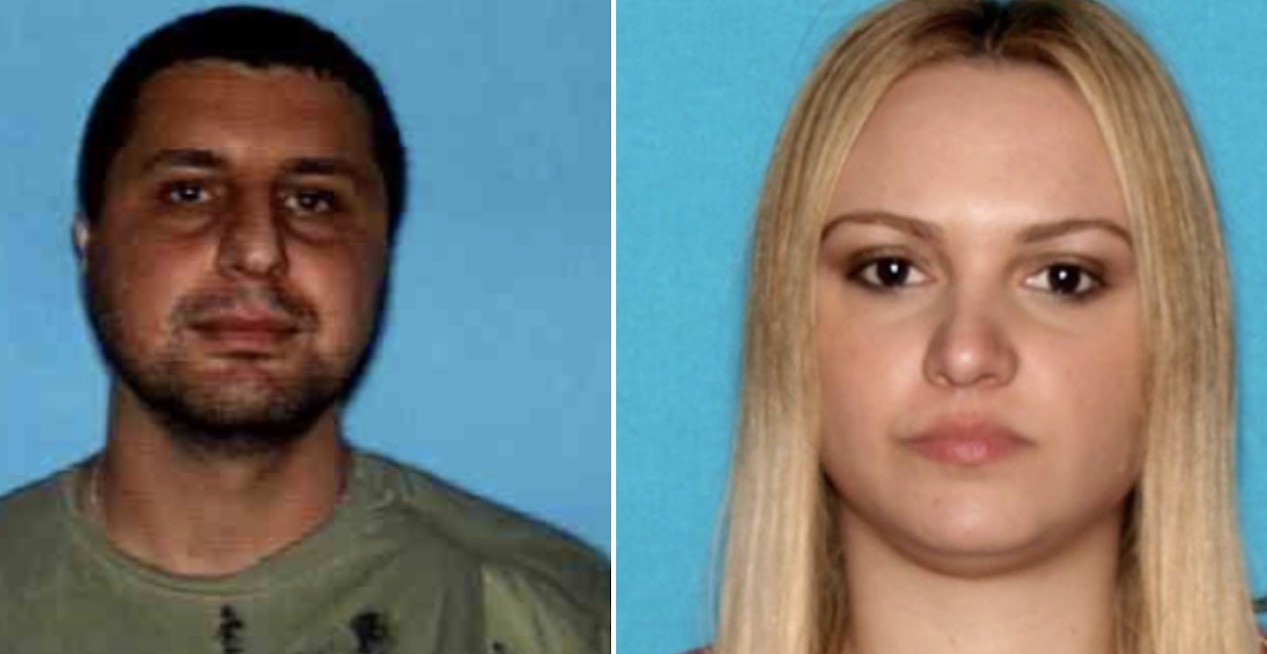
A Southern California couple who fled overseas to avoid lengthy prison sentences in a large COVID-relief fraud scheme have been returned to the United States after more than a year as fugitives, the U.S. Attorney's Office announced Friday.
Richard Ayvazyan, 44, and his wife, Marietta Terabelian, 38, both former residents of Encino, were extradited by Montenegro and arrived at Los Angeles International Airport Thursday night. They are expected to appear briefly in U.S. District Court in downtown Los Angeles on Friday afternoon.
In June 2021, Ayvazyan and Terabelian were convicted by a federal jury of running a conspiracy to fraudulently obtain more than $20 million in COVID-19 relief funds. While free on bond, they are believed to have fled after cutting off their tracking bracelets on Aug. 29, 2021.
Get Southern California news, weather forecasts and entertainment stories to your inbox. Sign up for NBC LA newsletters.
Three months later, they were sentenced in absentia. Ayvazyan was sentenced to 17 years in prison, and Terabelian was sentenced to six years in prison. U.S. authorities later determined the couple had fled to Montenegro.
Ayvazyan and Terabelian were members of a Los Angeles-based fraud ring who engaged a scheme to fraudulently obtain more than $20 million in Paycheck Protection Program and Economic Injury Disaster Loan COVID-19 relief funds.
The couple used dozens of fake, stolen or synthetic identities -- including names belonging to elderly or deceased people and foreign exchange students who briefly visited the United States years ago and never returned -- to submit fraudulent applications for about 150 PPP and EIDL loans.
In support of the fraudulent loan applications, Ayvazyan and Terabelian also submitted false and fictitious documents to lenders and the
Small Business Administration, including fake identity documents, tax documents, and payroll records.
The couple then used the fraudulently obtained funds as down payments on luxury homes in Tarzana, Glendale and Palm Desert. They also used the funds to buy gold coins, diamonds, jewelry, luxury watches, fine imported furnishings, designer handbags, clothing and a Harley-Davidson motorcycle, according to the U.S. Attorney's Office.


